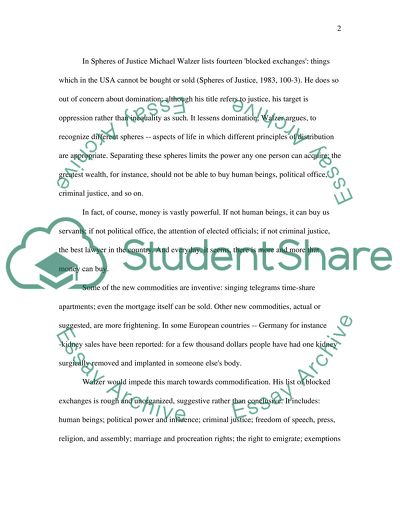Cite this document
(Theory of Complex Equality Case Study Example | Topics and Well Written Essays - 2750 words, n.d.)
Theory of Complex Equality Case Study Example | Topics and Well Written Essays - 2750 words. Retrieved from https://studentshare.org/sociology/1529470-theory-of-complex-equality
Theory of Complex Equality Case Study Example | Topics and Well Written Essays - 2750 words. Retrieved from https://studentshare.org/sociology/1529470-theory-of-complex-equality
(Theory of Complex Equality Case Study Example | Topics and Well Written Essays - 2750 Words)
Theory of Complex Equality Case Study Example | Topics and Well Written Essays - 2750 Words. https://studentshare.org/sociology/1529470-theory-of-complex-equality.
Theory of Complex Equality Case Study Example | Topics and Well Written Essays - 2750 Words. https://studentshare.org/sociology/1529470-theory-of-complex-equality.
“Theory of Complex Equality Case Study Example | Topics and Well Written Essays - 2750 Words”, n.d. https://studentshare.org/sociology/1529470-theory-of-complex-equality.


